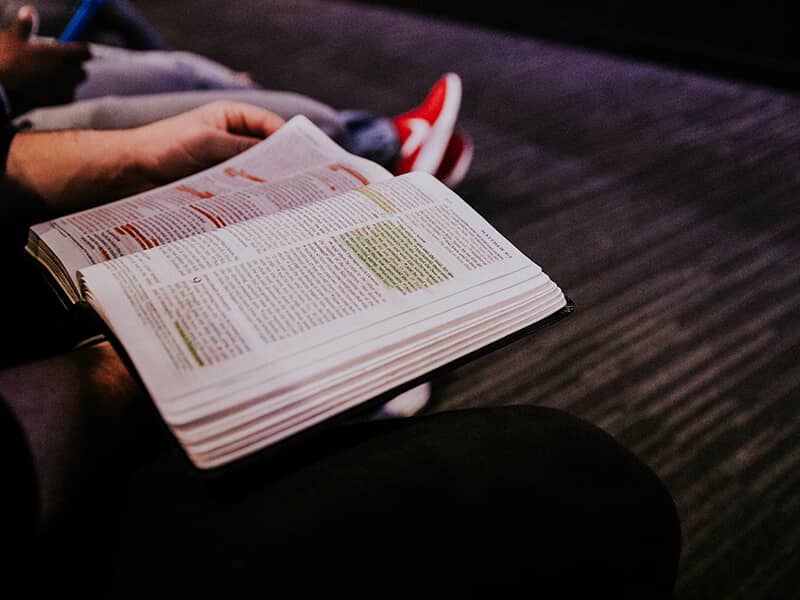While these numbers remain far from majorities, they are up. Last January 22 percent said Islam doesn't teach respect for other beliefs; today it's 35 percent. And the view that Islam encourages violence is up by nine points, to 23 percent. Many more - 53 percent - reject this suggestion, but a substantial number, 25 percent, are unsure.
Similarly, while 42 percent of Americans express an overall favorable opinion of Islam, this is unchanged in the last 10 months, while unfavorable views are up by nine points, to 33 percent. (Still it was higher, 39 percent unfavorable, shortly after the Sept. 11 attacks.)
This poll was conducted earlier this month, before the arrest of Washington-area sniper suspect John Allen Muhammed, who's been identified as a convert to Islam. Authorities have not specified a motive for the shootings.
| Now | January | Change | |
| Unfavorable opinion of Islam | 33% | 24 | +9 |
| Think Islam doesn't teach respect for other faiths | 35 | 22 | +13 |
| Think Islam encourages violence | 23 | 14 | +9 |
These views in part reflect very widespread unfamiliarity with Islam. Seventy-three percent of Americans do not feel they have a good basic understanding of its beliefs and tenets, and that, too, has risen, from 61 percent last winter. This suggests that any additional information people have gleaned about Islam has confused more than clarified.
| Yes | No | |
| Feel you have a good basic understanding of Islam | 25% | 73 |
Familiarity does matter: People who feel they have a good basic understanding of Islam are 16 points more likely to express a favorable opinion of it, 15 points more likely to think it respects other faiths and 15 points more likely to call it a peaceful religion.
Such views are more prevalent among evangelical white Protestants than among their non-evangelical counterparts or the public more broadly. Evangelical white Protestants are 22 points more likely than mainstream white Protestants to express an unfavorable opinion of Islam. They're also more likely, but by much smaller margins, to think Islam encourages violence and doesn't teach respect for other beliefs.
| White Protestants | ||
| Evangelical | Non-evangelical | |
| View of Islam | ||
| Favorable | 31% | 48 |
| Unfavorable | 45 | 23 |
| Think Islam | ||
| Respects other beliefs | 30 | 43 |
| Doesn't respect others | 41 | 31 |
| Think Islam | ||
| Encourages violence | 31 | 22 |
| Is a peaceful religion | 49 | 55 |
However, negative views of Islam haven't grown more quickly among evangelical white Protestants than among others - suggesting that comments such as Falwell's are more an expression than a cause of such views.
| Think Islam encourages violence | |||
| Now | January | Change | |
| All | 23% | 14 | +9 |
| Evangelical white Protestants | 31 | 20 | +11 |
| Non-evangelical white Protestants | 22 | 13 | +9 |
Evangelical white Protestants are much more accepting of this kind of remark. They divide, 35 percent to 37 percent, on whether it's a fair comment or prejudicial. By contrast non-evangelical white Protestants call it prejudice by a 39-point margin.
| White Protestants | |||
| Calling Islam violent is: | All | Evangelical | Non-evangelical |
| Fair comment | 23% | 35 | 15 |
| Anti-Islam prejudice | 49 | 37 | 54 |
Most accepting of this kind of comment are those evangelical white Protestants who describe themselves as political conservatives. In this group, 47 percent say it's a "fair comment" for religious leaders to call Islam a violent religion; 31 percent say it's prejudice.
OWN CHURCH - Most Americans say the religious leaders in their own churches or houses of worship have been silent on Islam: Eighty-four percent say they haven't heard their own pastor or religious leader say anything about it recently.
Just nine percent have heard about Islam from the pulpit. Of them, 63 percent say the comment was a favorable one; 30 percent say it was unfavorable.
OTHER GROUPS - There are ideological components to some of these views, with conservatives more apt than moderates or liberals to express an unfavorable opinion of Islam. Overall views of Islam are similar between blacks and whites, and more favorable among better-educated than among less-educated Americans.
| Views of Islam | ||
| Favorable | Unfavorable | |
| All | 42% | 33 |
| Conservative | 35 | 40 |
| Moderate | 46 | 31 |
| Liberal | 50 | 25 |
| Whites | 41 | 33 |
| Blacks | 46 | 35 |
| High school | 38 | 35 |
| Some college | 42 | 32 |
| College grad | 48 | 31 |

